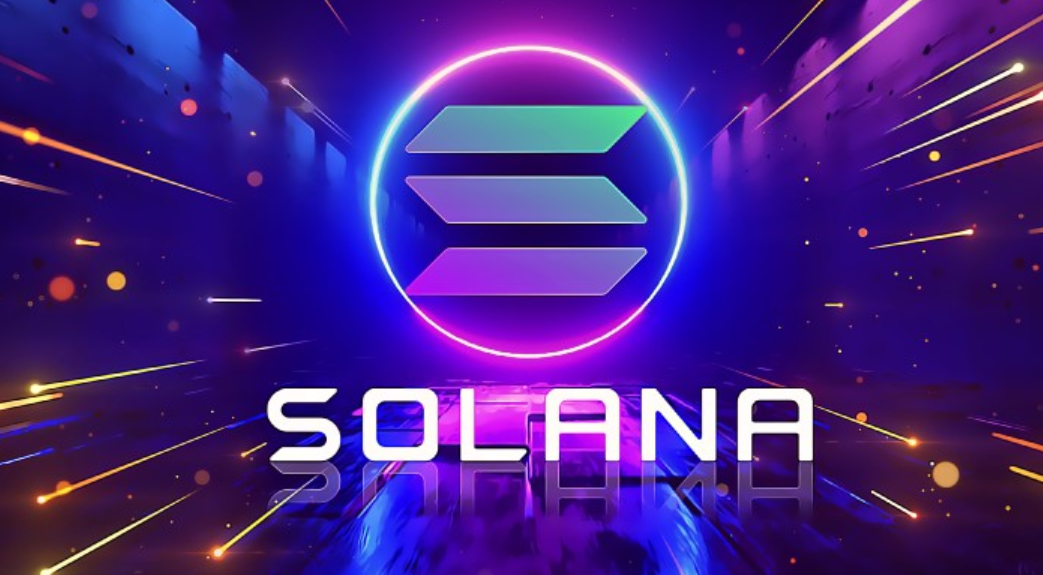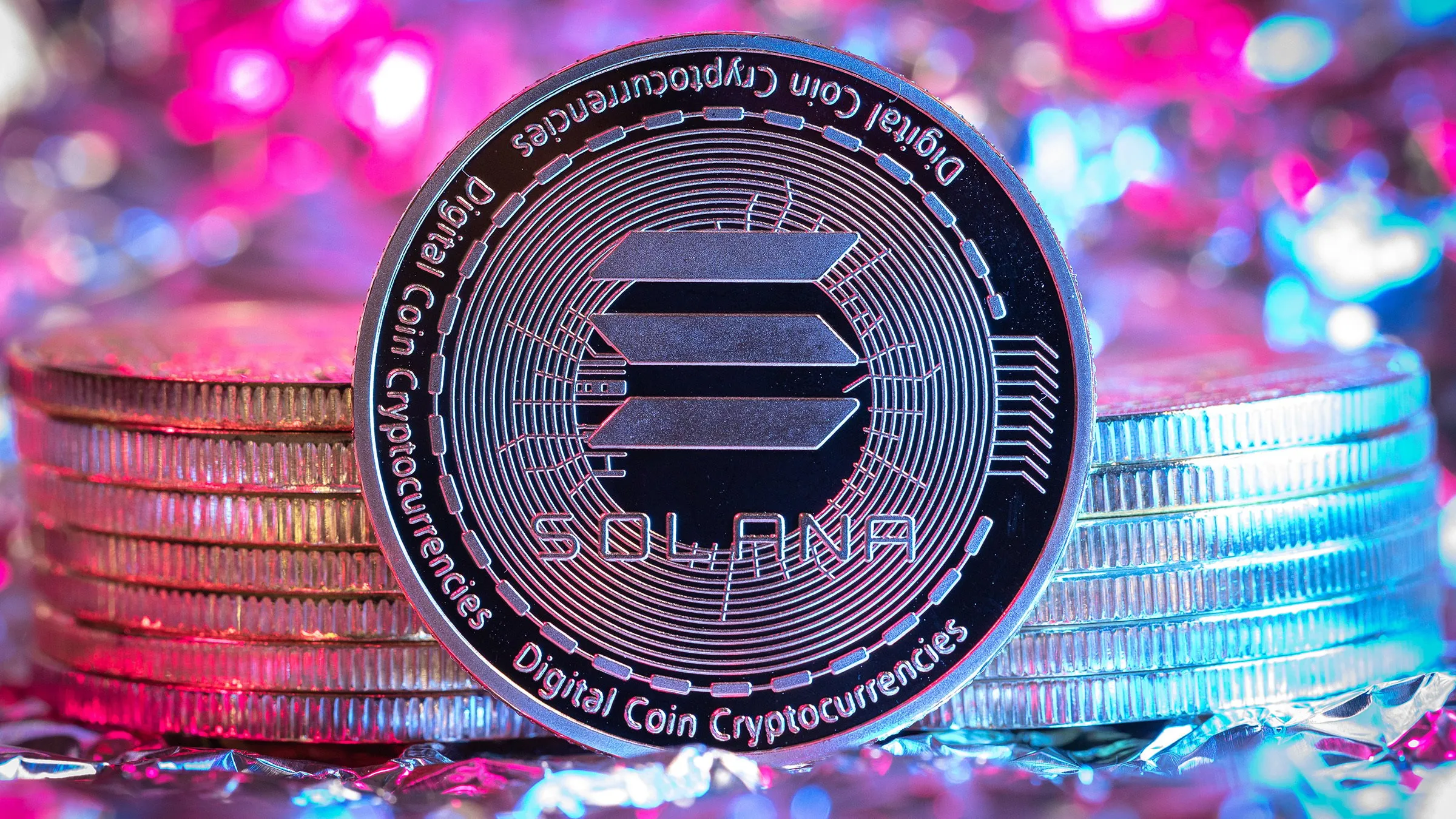|
Getting your Trinity Audio player ready...
|
Solana developers have introduced a groundbreaking proposal aimed at addressing scalability issues that have arisen from the network’s increasing user base. On January 6, 2025, the Solana team unveiled SIMD-215, a proposal that introduces a new lattice-based homomorphic hashing function designed to overhaul how the network verifies and traces user accounts.
The primary goal of the proposal is to enable Solana to scale effectively to billions of accounts without facing the current challenges associated with recalculating the state of all accounts regularly. As the number of Solana users continues to grow, the process of recalculating account states has become a bottleneck, slowing down network performance. The SIMD-215 proposal seeks to eliminate this hurdle by implementing an efficient Accounts Lattice Hash system, which would allow for instant verification of account states.
Currently, each new account created on Solana must prove its uniqueness, a process that becomes increasingly expensive as the network expands. Solana Labs co-founder Anatoly Yakovenko discussed the issue, referring to it as the state growth problem. In a May 2024 post on X, Yakovenko explained that for new accounts to be recognized, each node on the network must maintain a complete global index of all accounts, which is computationally expensive and inefficient.
state is gonna grow, what are we gonna do? 😱
— toly 🇺🇸 (@aeyakovenko) May 10, 2024
The problem comes down to this simple thing, new account creation has to actually create new accounts. Which means that a new account has to prove that it is new somehow.
This is trivial to do if the runtime has a full global…
The solution proposed in SIMD-215 would drastically reduce this load by introducing homomorphic hashing, which allows Solana to update its state verification only for accounts that have changed, rather than recalculating the state for all accounts. Crypto research firm Republik Labs succinctly summarized the innovation, likening it to cleaning a house by only tidying up the rooms that have gotten messy, rather than scrubbing every room daily.
If implemented, the proposal has the potential to enhance the speed and efficiency of the Solana network, which is already a leader in decentralized finance (DeFi). Recent data from DefiLlama highlights that Solana’s decentralized exchanges (DEXs) have generated 43% more volume than Ethereum’s, with $113 billion in trading volume over the last month compared to Ethereum’s $78.9 billion. As Solana continues to scale, this upgrade could further cement its position as a key player in the crypto space.
Disclaimer: The information in this article is for general purposes only and does not constitute financial advice. The author’s views are personal and may not reflect the views of Chain Affairs. Before making any investment decisions, you should always conduct your own research. Chain Affairs is not responsible for any financial losses.
Also Read: Solana (SOL) Faces Bullish Uncertainty as $227M Moves to Centralized Exchanges



